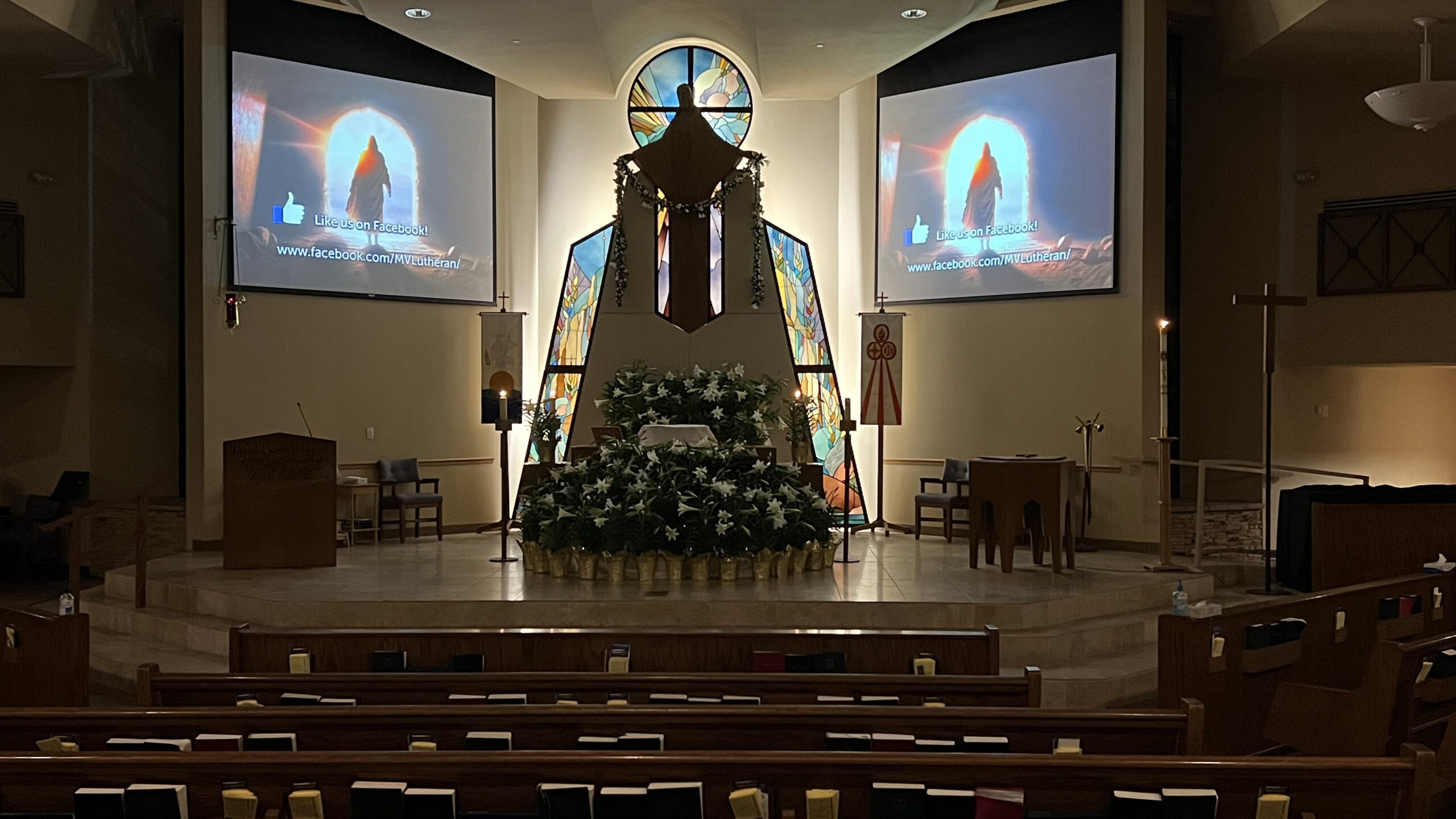Based upon the Book, The Purpose of Christmas, by Rick Warren

Luke 2:8-14
Matthew 22:34-40
Welcome to our third Wednesday in Advent. It may seem like a very short Advent this year, since we only had three Wednesdays to celebrate and worship. As it so happens, my plans lined up with the number of Wednesdays in this preaching series. Or was it that my plans lined up with God’s plans? God did and does have a plan for you this Christmas. The first week I spoke about Celebration as a purpose of Christmas. Last week it was about Salvation. This week I will be speaking of Reconciliation.
Just what is reconciliation? It is Peace. Peace between us and God, between us and others and peace within ourselves. Reconciliation is the restoration of peace that God had in mind all along for all of humanity. Yea yea, that sounds all good. I want peace but so and so does not! That one country doesn’t want peace with ours. John, Brian, Carole or whoever it is, has hurt me and they don’t want peace. I do but they do not so it isn’t going to happen! None of those thoughts are going to bring about peace, period! Reconciliation does not mean that we have to agree with what someone has or is doing. It does not mean that we must forget what has been done to us that we found hurtful. It does not mean that we must compromise on our beliefs and morals. It also does not mean being a doormat to those that continue to hurt you nor should you stay in abusive relationships or work places. None of these are true to be reconciled.
What it does mean to be reconciled is to take those situations from your past that have been hurtful and forgive the person or persons who have hurt you. Forgiving is necessary not only for peace for yourself but for the one who hurt your and for others that might come in contact with those doing the hurting. Forgiveness begins with the burring of the hatch so to speak. From there moving forward to build relationships. Not dredging up the past but looking towards the future. Hurt is infectious and reflecting back upon those past hurts will never help you move forward.
I truly believe that if we can make peace, peace on the personal level, that peace can be infectious its self to groups of people, to cities, states and nations and to the entire world. This peace, from within comes through the removal of sin, which as I spoke about last week is centered in the “I” of relationships, in other words, self-centeredness. How do we move from this self-centeredness? We move from the “I” in our relationships to a “we”.
It is that “we” Jesus spoke about in his ministry. One day Jesus was asked, “what is the greatest commandment?” In typical Jesus fashion, Jesus does not answer the question directly when he says, “You shall love the Lord your God with all your heart and with all your soul and with all your mind. 38 This is the great and first commandment. 39 And a second is like it: You shall love your neighbor as yourself. [1] Jesus provides two commandments, that when followed, allows everything to fall in place just as God intended.
When we no longer put ourselves first but put God and others before ourselves, and we learn how not to be self-centered. When this happens, we no longer feel a need to gossip about others. We no longer feel a need to reflect back upon hurtful things. We look to build up others as we would want to be and it is then that we can experience the peace from God. This peace as Paul says, transcends all understanding. It is then, that reconciliation begins. This is what God intended with coming of God’s Son. It was the multitude of the heavenly host praising God who said to the shepherds upon Jesus’ birth, 14 Glory to God in the highest, And on earth peace, Good will toward men. [2]
Amen
